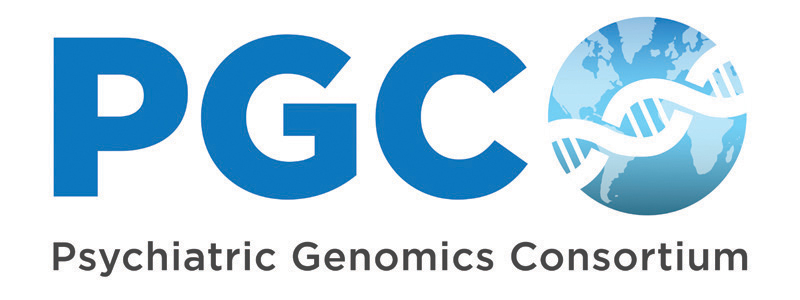Chapter 10: Other Considerations
Chapter goals:
Gain insight into different career paths in psychiatric genetics
Understand the limitations of genetic prediction
Understand how small effect sizes in genetic studies are still beneficial for understanding disease etiology.
Understand what biological essentialism is, how it impacts medicine and science, exacerbates health disparities and perpetuates discrimination.
Understand the importance of diversity in genetic studies, how to include and protect vulnerable populations in genetic studies, and how to conduct equitable collaborative research with low- or middle-income countries (LMIC).
Gain insight into the structure and rules of the European General Data Protection Regulation (GDPR), why it is important, and how to navigate the guidelines for scientific research.
10.1 A Career in Psychiatric Genetics
In this video, Drs. Lewis and Curmi discuss different genetics topics, careers in psychiatric genetics, and the future of psychiatric genetics, from both data/research and clinical viewpoints.
Title: How does Genetics Affect our Mental Health?
Presenter(s):
Cathryn Lewis, PhD (Social, Genetic, and Developmental Psychiatry Centre, King’s College London)
Alex Curmi, MD (Maudsley NHS Foundation Trust)
Level: Beginner
Length: 58:54
Link to video transcript here. Tradução para o português disponível aqui.
10.2 Caution in Genetic Prediction
In this brief video, Dr. Edenberg discusses the limitations of genetic prediction, specifically polygenic risk scores, in the field of psychiatry.
Title: Predicting the likelihood of future psychiatric disorders: a closer look, and some cautions.
Presenter(s): Howard Edenberg, PhD (Department of Biochemistry and Molecular Biology, Indiana University School of Medicine)
Level: Beginner
Length: 4:30
Link to video transcript here. Tradução para o português disponível aqui.
10.3 Small Effect Sizes
In this video, Dr. Edenberg briefly discusses the benefits of studying genetic variants with small effect sizes in genome-wide association studies, and how understanding how common variants contribute to disease risk, despite having very small effect sizes, still leads to better understanding of disease.
Title: Small effect sizes
Presenter(s): Howard Edenberg, PhD (Department of Biochemistry and Molecular Biology, Indiana University School of Medicine)
Level: Beginner
Length: 4:05
Link to video transcript here. Tradução para o português disponível aqui.
10.4 Language in Genetics Research
Title: Bioessentialism
Presenter(s):
Carina Seah, MSc (Department of Genetics and Genomic Sciences, Icahn School of Medicine at Mount Sinai)
Kayla Townsley, MSc (Department of Genetics and Genomic Sciences, Icahn School of Medicine at Mount Sinai)
Level: Beginner
Length: 1:25:51
Link to video transcript here.
10.5 Collaboration for LMIC Researchers
Video Content coming soon!
Please check out these papers in the meantime:
Fatumo, S., Chikowore, T., Choudhury, A. et al. (2022): A roadmap to increase diversity in genomic studies. Nat Med 28, 243–250 https://doi.org/10.1038/s41591-021-01672-4
Palk A, Illes J, Thompson PM, Stein DJ (2020): Ethical issues in global neuroimaging genetics collaborations. NeuroImage 221: 117208: https://doi.org/10.1016/j.neuroimage.2020.117208
S.R. Carroll, I. Garba, R. Plevel, D. Small-Rodriguez, V.Y. Hiratsuka, M. Hudson, N.A. Garrison (2022): Using Indigenous Standards to Implement the CARE Principles: Setting Expectations through Tribal Research Codes. Front Genet, 13 Article 823309: https://doi.org/10.3389/fgene.2022.823309
10.6 GDPR for Dummies: A Survival Guide for Genetics Research
In this video, Heidi Bentzen gives a comprehensive overview of the European General Data Protection Regulation (GDPR): the purpose of the GDPR, and how to ensure that your research is compliant with GDPR statutes.
Title: GDPR for dummies: A survival guide for genetics research
Presenter(s): Heidi Beate Bentzen, LLM (Centre for Medical Ethics, University of Oslo)
Level: Beginner
Length: 23:46
Link to video transcript here. Tradução para o português disponível aqui.
Link to the GDPR text.
